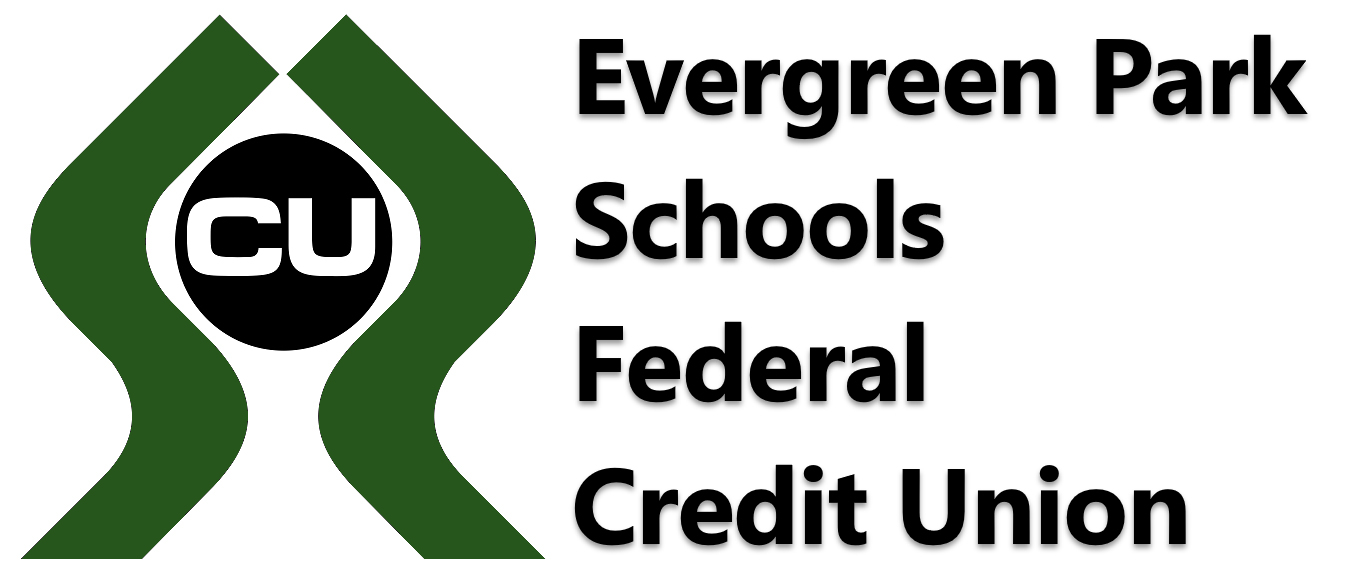Owning a car is expensive whether it’s the rising insurance costs, the maintenance or gas. A new car will cost you on average $45,000. Prices keep going through the “sunroof”. Here are a few ways to help keep your costs lower when driving and maintaining and purchasing your vehicle.
INSURANCE
You Better Shop Around. Start by going online to one of the insurance comparison websites to get an idea of pricing. Some websites are:
Thezebra.com
Policygenius.com
Valuepenguin.com
Another great tip is to ask friends and families for recommendations not only for insurance companies but also insurance agents or insurance brokers that they have a good relationship with. Insurance brokers will shop you around to different insurance companies to see what best suits your needs. You will be surprised to see how much the exact same coverage from different companies can vary in price. But be careful and do your research to make sure the company is a reputable one.
Credit Score
If you’ve ever applied for a credit card, leased a car or gotten a mortgage for a home, you know that credit scores count. You may be surprised to find out they can also affect your car insurance premiums much the same way your driving record, marital status and payment history can. Insurance companies check your credit because they believe drivers with poor credit tend to file more claims. Because these drivers will likely use their insurance more, they’re more expensive for insurance companies to cover.
Follow Me
Some of the major insurance companies will give you a discount if you agree to be “followed”. The program involves a device placed in your vehicle or connected to your smartphone which collects information while you are driving. It tracks your driving habits: speed, braking, phone usage and time of day. Discounts vary between insurance carriers but can be up to 40 percent. However, if the device indicates that you are driving recklessly, your insurer may raise your premiums.
Low Mileage
Work close to home? Recently retired? Take public transportation? If so, the mileage you put on your car may be relatively low which, in turn, can lower your premiums. It doesn’t hurt to ask your insurance carrier if they offer a discount for low mileage usage. The less your drive, the less risks which may result in a savings on your premium.
FUEL
Lead Foot?
Ease up on the gas pedal. Did you know that driving only 5 to 10 miles more slowly can improve your fuel economy by 7 to 14 percent according to the U.S. Department of Energy? It could also save you from seeing the police in your rearview mirror.
Fill ‘er Up
Not the gas tank necessarily…your tires! A set of tires that is not inflated to the proper amount of pressure will cause a 2 to 3 percent drop in your fuel economy. Check your owner’s manual for the optimal air pressure for your tires. Running your tires at the correct pressure is important because it keeps you safe, cuts down on your fuel bill and makes your tires last longer.
Fun Fact
The television show MythBusters found that a mud-caked car traveling at 65 mph got 2 miles less per gallon than it did when it was squeaky clean.
Regular Maintenance
An ounce of prevention is worth a pound of cure. The first line of prevention to keep your car in good running condition is getting the oil changed regularly. Beyond that, it’s a good idea to follow the owner’s manual guidelines for all maintenance to keep your car running smoothly to avoid costly repairs down the road. The owner’s manual will list required service at specific mileage intervals. Pay attention to the tread on your tires, belts hoses and fluid levels too.
Make Friends with a Good Mechanic
Having a reputable mechanic you can rely on before you need one is key. Word-of-mouth recommendations are a good first step. Then, begin the relationship by starting out with a simple oil change. If you like the mechanic and feel that they give trustworthy advice, including telling you which services aren’t worth your money – keep going back. Not sure whether to work with an independent repair shop or a dealer? Generally, labor tends to be less expensive at an independent repair shop versus a dealer.
Shop for Your Loan First
Before you step one foot out the door, do some research on loan rates from dealers and your bank institution especially Evergreen Park Schools Federal Credit Union. Try getting preapproved for financing before you buy that new vehicle. A preapproved loan will give you more buying power at the dealership. Some dealers may have special financing offers on certain vehicles too. But remember to try Evergreen Park Schools Federal Credit Union first. Not only does the credit union have great loan rates on vehicles, you also qualify for a discount of 0.25% off your qualifying loan rate for automatic payments through your bank or payroll deduction.
Another big reason to check with the credit union first is that our credit pull is a soft pull which doesn’t affect your credit score. Remember that the best financing deals go to those with the best credit. We will guide you through the car buying process to help you decide the best route for you to purchase your new car. Call us today at 708-229-0322 for details.


